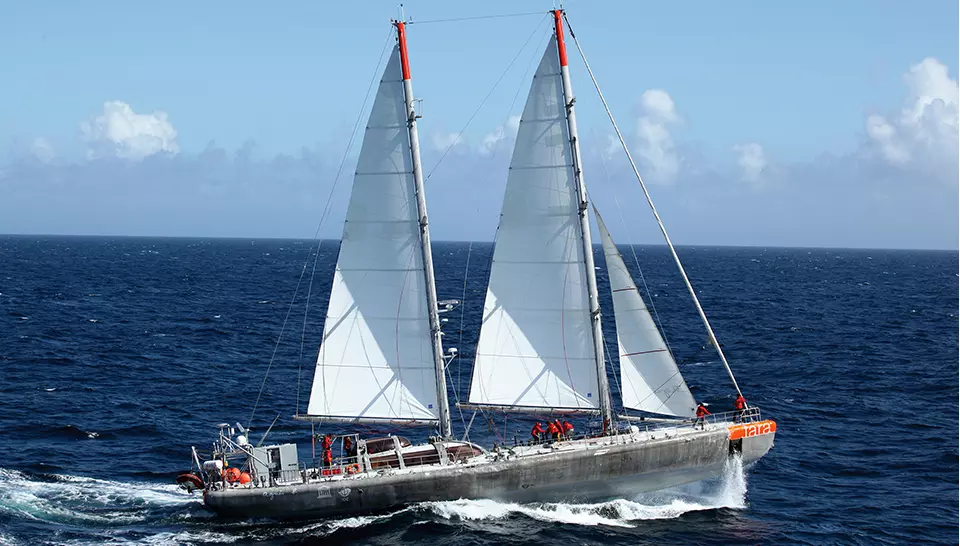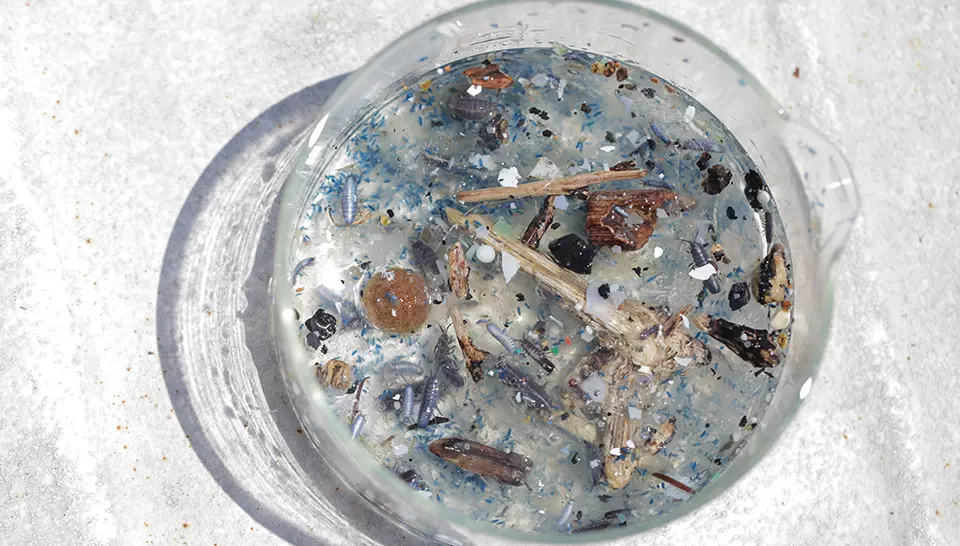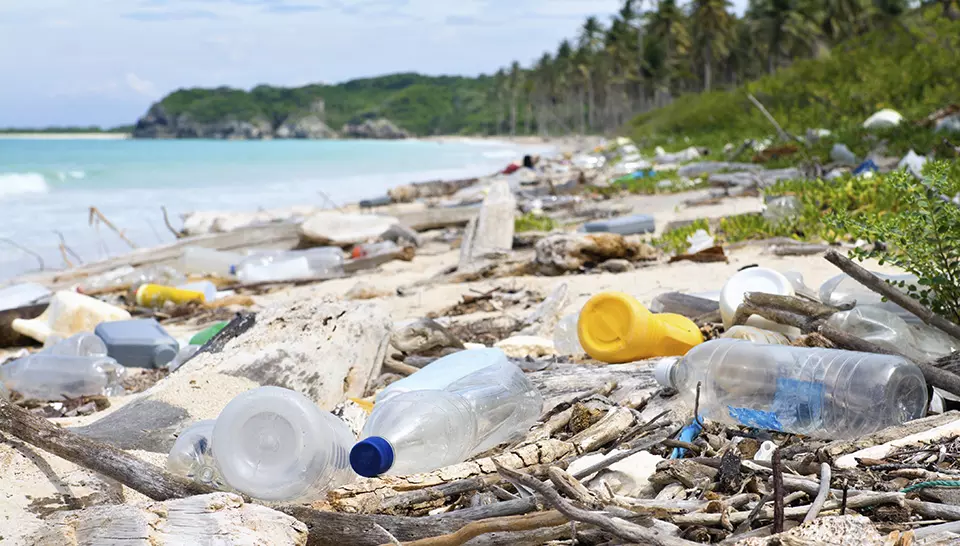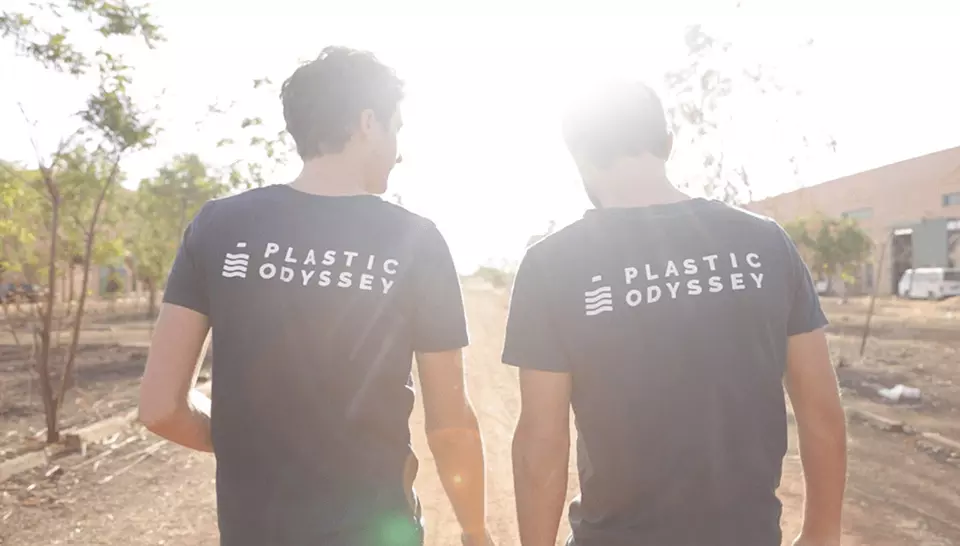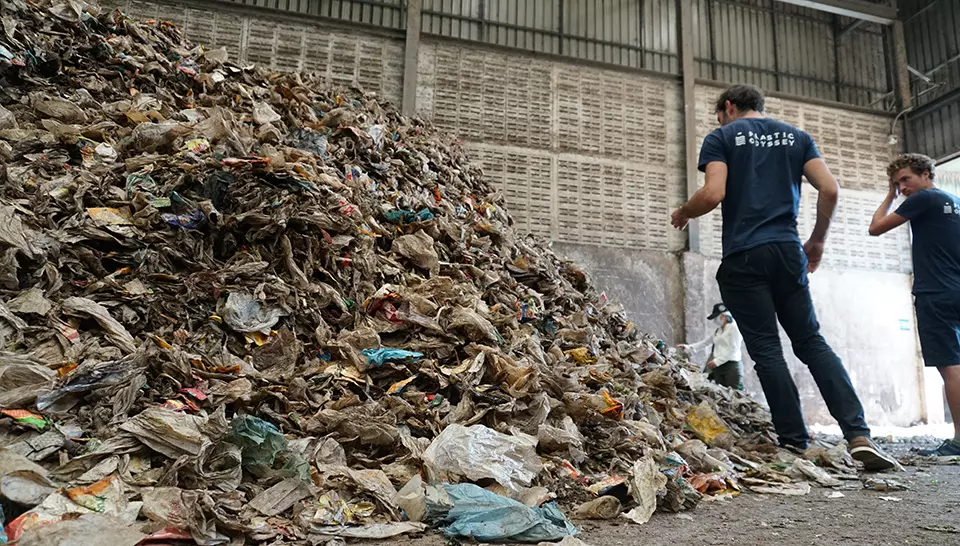"Every year 8 June is a special opportunity to raise global awareness of the benefits that the ocean brings to humanity and our duty to use its resources sustainably," the United Nations reminds us, choosing "Innovation for a Sustainable Ocean" as the theme for World Oceans Day 2020. It is an opportunity to identify innovations in technology, resource management and scientific exploration, highlighting both their impact and the means needed to transform them into sustainable solutions. As part of its commitment to curbing pollution of the seas and oceans, Veolia draws attention to its research and innovation initiatives for a sustainable ocean.
Although Veolia is helping to reduce the flow of pollution discharged into the ocean by acting at source, it has to deal with the emergence of new pollutants and address new challenges: what health risks are associated with microplastics? How can they be analysed in water? How can we reduce the environmental risk linked to microplastics in our wastewater treatment systems? It is through Research and Innovation that Veolia will be able to anticipate the impact of future pollution and provide solutions. Here are some examples:
MEDITPLAST, the research project focusing on microplastics in the marine environment
Because of its limited exchanges with the ocean and factors related to economic activities (tourism, maritime traffic and so on), according to Ifremer, Institut Français de Recherche pour l'Exploitation de la Mer, in terms of microplastics the Mediterranean is the world’s most heavily polluted sea. Although it represents 1% of the world's marine waters, the Mediterranean accounts for 7% of microplastics (i.e. 1.25 million fragments of less than 5 mm per km², according to the WWF). Microplastics contain a mixture of chemical substances (phthalates, bisphenols, endocrine disruptors) with potential adverse effects on health and the environment.
Veolia needs to understand these risks in order to better anticipate their possible impact on its activities, even though assessing health and environmental risks is the responsibility of the public authorities. Consequently, Veolia is running the European research project MEDITPLAST (Microplastics in Toulon Territory and Bay) launched in 2019 to assess the performance of wastewater treatment plants in reducing microplastics, as well as their environmental impacts on the Mediterranean coastal ecosystem.
In Toulon, the teams of the mission entitled Microplastics 2019 “the origins of plastic pollution in the sea” organized by the Tara Ocean Foundation - supported by the Veolia Foundation - have collaborated with the MEDITPLAST project teams to raise public awareness:
The flow of microplastics into the sea comes from the land, so by changing the way we use plastics we can improve the situation. The solutions lie on land, and the analysis of the Toulon watershed is essential, explained Romain Trouvé, director of the Tara Ocean foundation.
It is important to raise public awareness by combining the results of MEDITPLAST and those of Tara's Microplastics mission because we have to act today for both our well-being and that of future generations, added Emmanuel Plessis, Director of Sales & Development, in Veolia's Water business in France, Provence Region.
Understanding plastic pollution on France's Atlantic seaboard
In Lorient, the Observatoire du Plancton undertakes plankton monitoring, physico-chemical analyses of water and microplastic sampling in Southern Brittany, with the support of the Veolia Foundation. For this scientific and educational mission, the Zooscan imaging system is measuring and classifying the organisms present in these samples to establish an "ecological status" of marine waters as at the end of 2020.
Veolia, partnering innovative associations and start-ups
The association Sea Plastics collects samples of microplastics during ocean expeditions to raise public awareness of marine pollution. Created in 2016 at AgroParisTech, Sea Plastics obtained the Public’s Award in the Student Solidarity Awards organized by the Veolia Foundation for its expedition in the Mediterranean and the quality of its sampling protocols.
Plastic Odyssey: This 40-metre vessel, which transforms plastic waste into energy on board to propel itself, will set off on a round-the-world expedition, which will run from 2020 to 2023. It will be an ambassador for recycling plastics and reducing their use. Recycling systems will be developed with local stakeholders in its 33 ports of call. Veolia’s Water business in France is supporting the project which will cover the Mediterranean coasts, then move on to West Africa, Latin America, Asia-Pacific and southeast Africa. To achieve this, the vessel has been equipped with a recycling and waste reduction laboratory. Thanks to the pyrolysis system installed on board, one kilogram of plastic produces one litre of fuel. All the innovations developed by Plastic Odyssey will be free of rights and economical (Low Tech and Low Cost), to make them accessible to as many people as possible. The Veolia Foundation is partnering Plastic Odyssey.
Know more:
> Our Ocean 2019: Veolia Our Ocean 2019: Veolia supports advances in knowledge about protecting the oceans
> World Oceans Day 2019. Women and the Ocean: testimonials by Veolia's female employees
> The Veolia Foundation supports the new Tara Expedition mission: "the origins of plastic pollution"
> UN World Oceans Day: the official United Nations World Oceans Day portal



